Amid persisting conflicts and disputes among religions, HWPL has recognized how crucial religious harmony is in building a peaceful world. As most religious texts share the value of peace, justice, human dignity, respect, and harmony, when religious leaders and believers focus on the value embedded in their scriptures and promote understanding of each other’s text, harmony among religious groups is possible. To this end, HWPL has been implementing initiatives including WARP Offices, Religious Youth Peace Camp, and Open Dialogue with Religious Leaders across the globe to serve as the platform for facilitating harmony among varying religious groups.
At the September 18th HWPL World Peace Summit held in 2014, 950 participants including 12 leaders who represented various religious groups worldwide signed the World Alliance of Religions Agreement and vowed to establish peace among religions.
Ever since, people of religion including the high profile figures, have been putting in concerted efforts through HWPL’s network to achieve peace among religions in different parts of the globe.
Religious leaders of over 30 groups including Buddhism, Christianity, Hinduism, Islam, and Sikhism have understood that peace and harmony of mankind are shared values in their respective scriptures, and that is why they have been proactively engaging in the activities for peace. While transcending religions, national borders, and ethnicities, they are those on the frontline, extending helping hands to the people in need of peace.
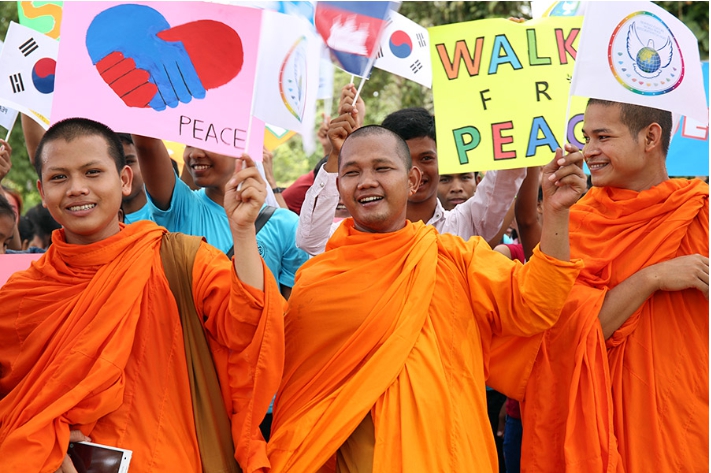
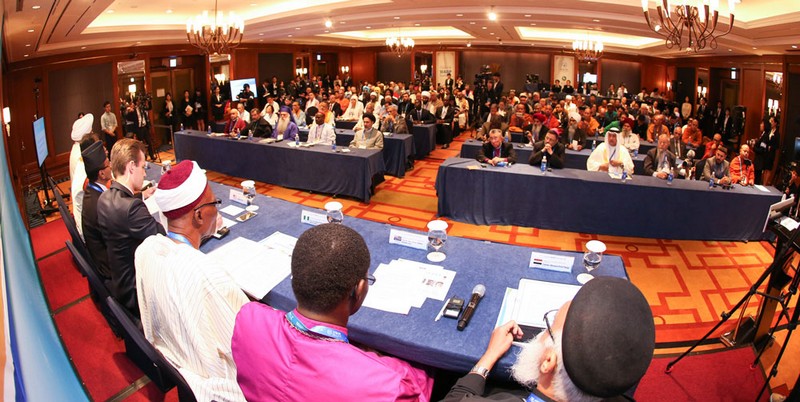
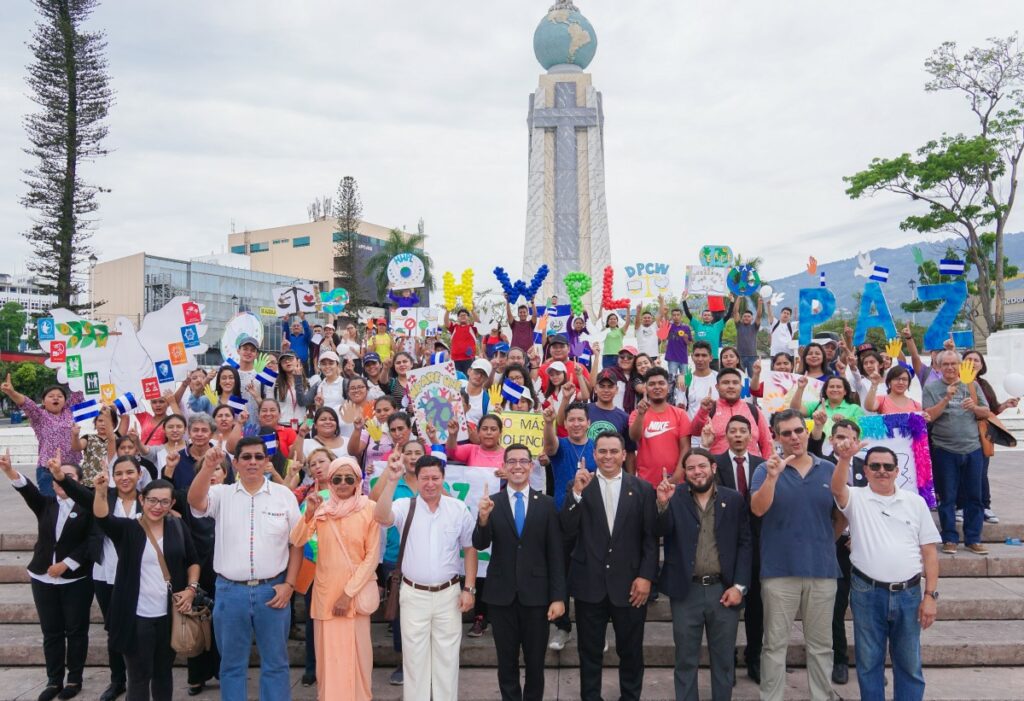
The World Alliance of Religions’ Peace (WARP) Offices are where religious leaders of various faiths and disciplines gather regularly to discuss their scriptures. The comparative scriptural discussions are a way for participants to foster deeper and more empathetic discussions and greater openness in thought-sharing on how to evoke religious harmony and collaboration. The main goal of the discussions and meetings is to find true peace amongst religions through finding trustworthiness in scriptures. As of September 2023, there are 282 WARP offices in operation in 131 countries. By participating, the religious leaders are grasping a clear idea of the duty they need to fulfill, finding specific ways to realize peace, and trying to prevent religious conflicts from taking place.
WARP offices are actively contributing to building a peaceful world by resolving disputes that derive from religious misunderstanding and promoting a more in-depth understanding of the standards, teachings, and the notion of peace in each religious text.

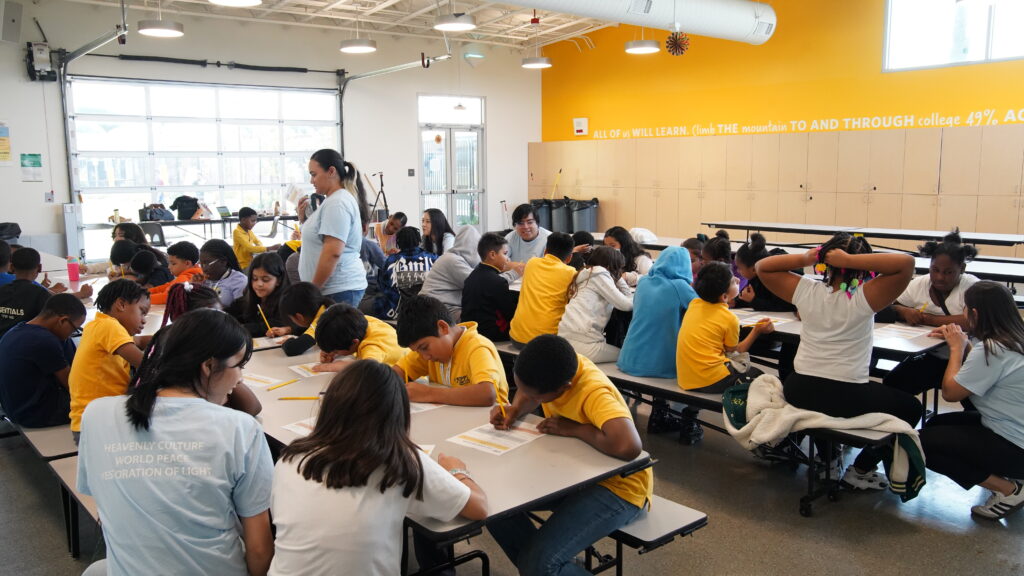
HWPL’s Religious Youth Peace Camp is an initiative with the aim of fostering youth as key players in peacefully resolving conflicts and enhancing their capacity as such by providing an opportunity to have religious and cultural exchange among youth worldwide, including members of youth organizations. Those who take part in the camp experience different cultures and religions, and find ways that religious communities should function in order to establish peace on earth. As of September 2023, the peace camp has held 61 rounds in 32 countries.
Through various programs, such as those on the history of the world’s religion, experiencing religions other than mine first-hand, and finding means to fundamentally address conflicts with religious causes, the participants are able to widen their perspective on religion.
The Open Dialogue with Religious Leaders has been held regularly for Christian denominations in Korea to promote communication and harmony. Through the dialogue, Christians, who carry the same scripture called the Bible, are able to recognize the differences in biblical interpretation of diverse denominations and better understand each other. Pastors representing different denominations take part as speakers and discuss a particular topic when the dialogue is held, so the audience can hear different interpretations of various denominations in one place. Since the open dialogue first started in January 2018, it has been held 1,258 times (as of September 2023), and Christian leaders in South Korea are actively engaging in the discussions.
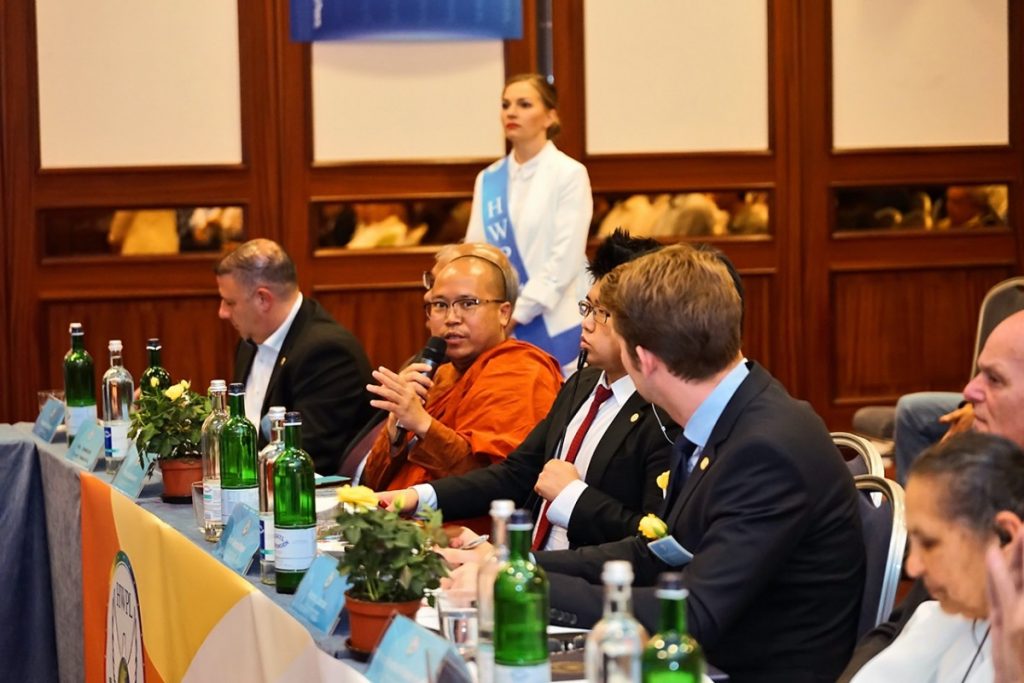
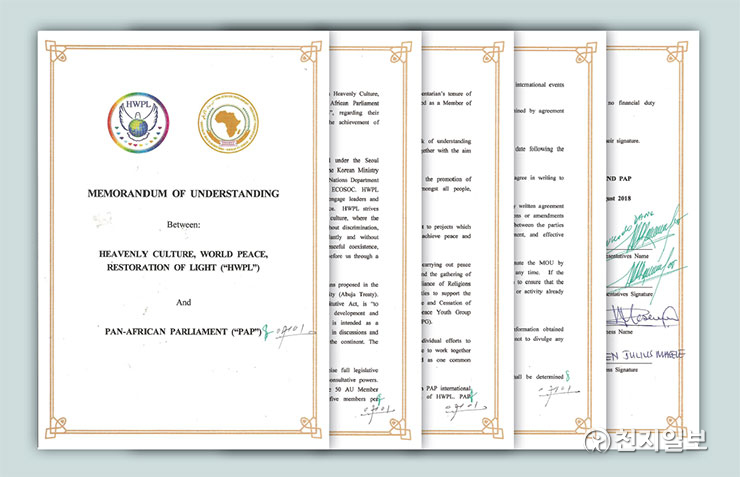
Starting with the signing of the MOU with the Ethiopian Islamic Affairs Supreme Council in 2018, HWPL continued to sign MOUs with religious organizations such as Guru Gobind Singh Study Circle, Korean Buddhism Jogyejong Conference, and more at the 2019 HWPL World Peace Summit. HWPL plans to continue its collaboration and engagement with religious organizations in order to further spread the culture of religious peace in a concerted effort.